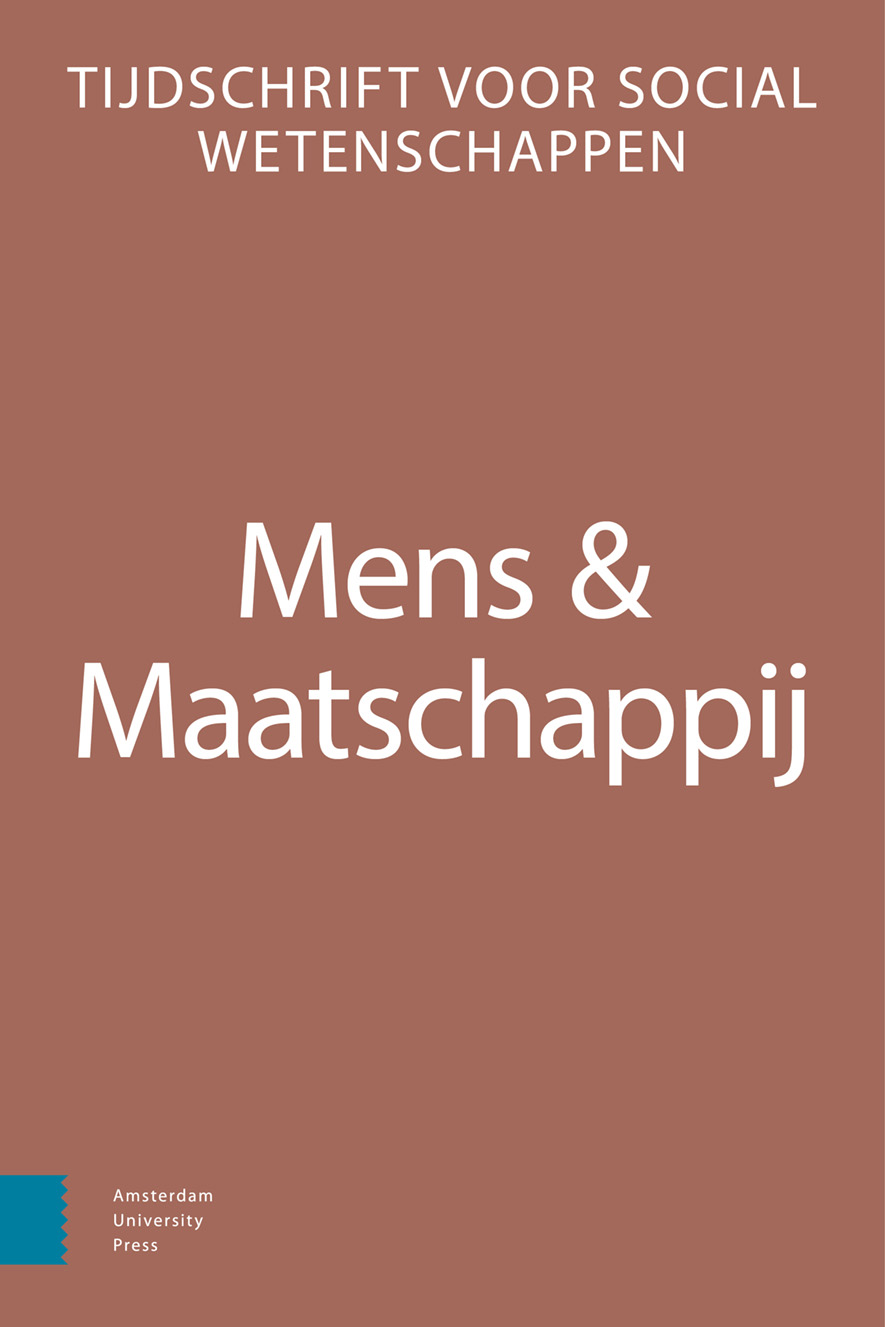-
oa Een steeds rijker geschakeerd palet aan kennisbronnen voor de empirische sociologie
- Amsterdam University Press
- Source: Mens & Maatschappij, Volume 97, Issue 3, Oct 2022, p. 266 - 271
-
- 01 Oct 2022
Abstract
An increasingly rich palette of knowledge sources for empirical sociology.
Over the course of the twentieth century, articles in Mens & Maatschappij showed a shift from primarily conceptual treatises, towards more theoretical-contemplative pieces, followed by a strong focus on empirical-theoretical papers. Surveys have become the dominant data collection method, but their form has changed over the years, and there is a trend towards enriching survey data with big data. Looking towards the future, researchers see expanding opportunities to carry out mass online experiments, or to construct samples in which respondents are known to be related to one another to a specified degree. With the increasingly rich palette of knowledge sources at their disposal, sociologists are better able to answer new kinds of questions, such as those about processes that take generations to develop, about how beliefs spread, or about how deeply divided our society is.


